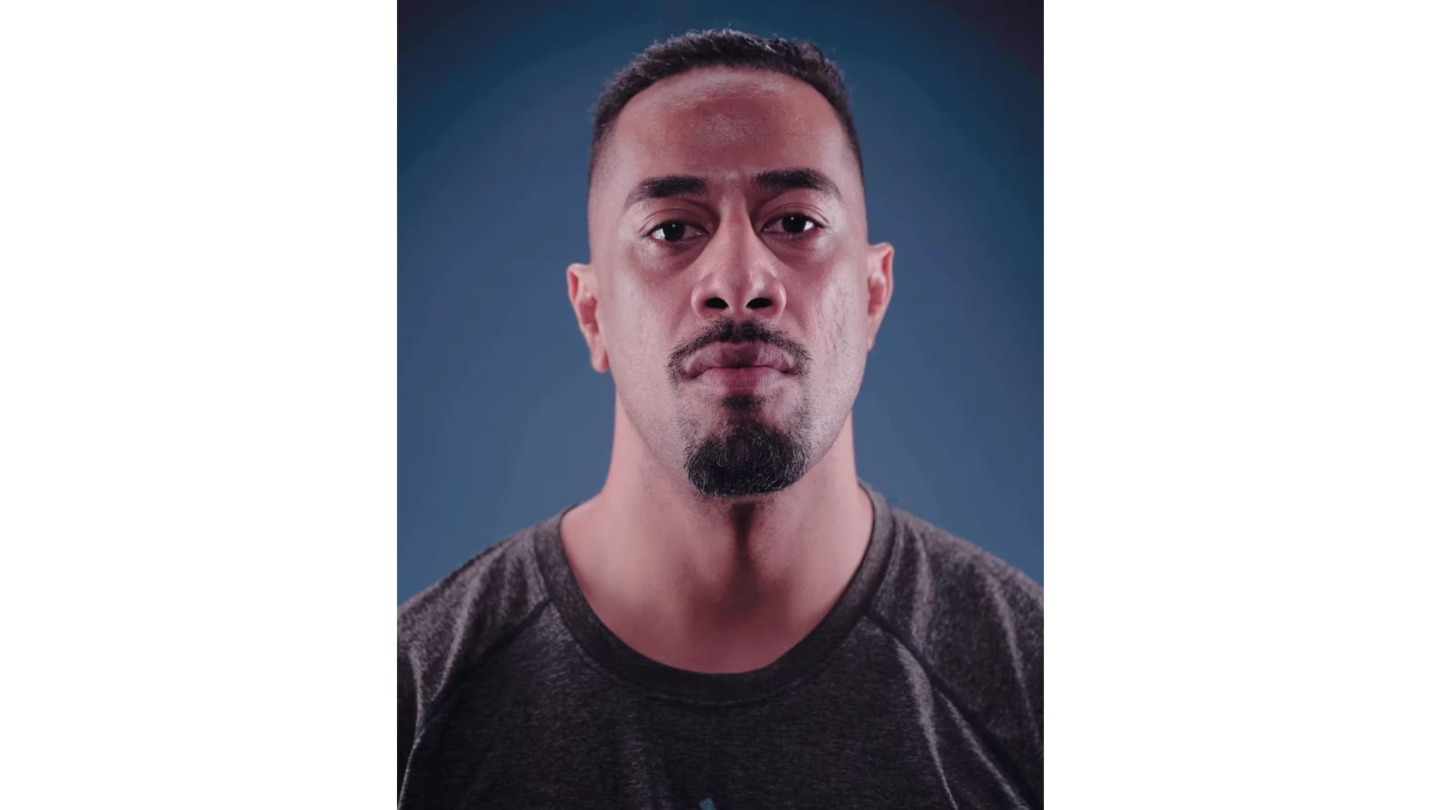- Pasifika make up 38% of the All Blacks and All Blacks sevens, 36% of the Black Ferns and Black Ferns sevens and 35% of grassroots men’s rugby.
- Pasifika representation is only at 3% as rugby directors and only 7% of New Zealand rugby staff and 0% representation on the board.
- With the demise of rugby in New Zealand, it needs to look at new ways of uplifting the game. Pasifika voices may help save rugby.
OPINION:
Dr Dion Enari is a senior lecturer in sport leadership and management at Auckland University of Technology. He has a PhD in Fa’asamoa and holds the ali’i tulafale title Lefaoali’i from Lepa, Samoa.
Although Pacific people are the highest percentage of All Blacks and Black Ferns, there’s still no Pasifika seat at the New Zealand Rugby board.
Pasifika communities and allies are fighting for fair representation in governance. As a sport academic, and son of a Pacific community rugby pioneer, I stand in solidarity.
As a child, in 1997, I remember seeing my dad in meetings with Auckland Rugby.
My dad Fa’alafitele Faupapa Enari organised Pacific rugby tournaments and coached Auckland Samoa and Ulalei rugby teams. I remember hearing the condescending patronising remarks from union representatives to my dad and other Pasifika elders. Sadly, today, much hasn’t changed. It’s just masked better.
Looking at how far New Zealand Rugby has come; you cannot deny that Māori and Pasifika people made New Zealand rugby as we know it and platformed it to the world.
One must only look at legends such as La’auli Sir Michael Jones, the late Jonah Lomu to current players such as Ardie Savea, plus the many more Pacific brothers who wore the black jersey. Although Pacific make up 38% of the All Blacks and All Blacks sevens, 36% of the Black Ferns and Black Ferns sevens and 35% of grassroots men’s rugby nationally, Pacific people are still grossly underrepresented in non-playing roles.
Pasifika representation is only at 3% as rugby directors and only 7% of New Zealand rugby staff and has zero representation on the board.
Now why is this important?
As the old saying goes, if you are not at the table, you are on the menu. If Pacific people continue to have low representation in governance roles, and no representation in the board room, we will continue to be passive workers in a sport system that ignores our cultural existence.
Not only have Pacific athletes been pivotal in laying the foundation of rugby in this country, but New Zealand has a special relationship with Pasifika. Remember, some Pacific islands are also New Zealand realm countries, such as Niue and the Cook Islands. Not to mention, New Zealand’s colonial history with Samoa, which resulted in the Spanish influenza killing off 22% of the Samoan population in 1918 (read the history).
Looking at how much Pasifika peoples have contributed to New Zealand rugby and the status of Pacific people; it is a small ask for a Pacific voice in decision-making.
I acknowledge the good work of the New Zealand Rugby Pasifika Advisory Group and the Pasifika engagement manager Saveatama Eroni Clarke. However, as a sport management researcher, I can confirm this is not enough, as they still have no governance decision making influence.
To put it simply, the current system designed by New Zealand rugby is tokenistic and gate keeping against Pacific people. Pacific knowledge and expertise are still absent from the governance table. If this current trend continues then Pacific players will continually be used for their athletic talent to profit sporting systems and CEOs who have silenced them. Merely using Pacific communities as “brown bodies” of “sweat labour”.
Luckily, there is a growing movement of Māori and Pasifika people along with allies demanding fair and equitable representation in rugby governance. The growing critical mass means more everyday Kiwis are also wanting to see this changed.
We want to see a board that reflects the diversity of this country and this game. Fittingly, with the demise of rugby in New Zealand, it needs to look at new ways of uplifting the game. Pacific voices at the table may help save New Zealand rugby. Make no mistake there is no shortage of qualified Pacific lawyers, practitioners and sport academics who can empower these roles with their western qualifications, and their cultural intelligence.
- NZ Herald


